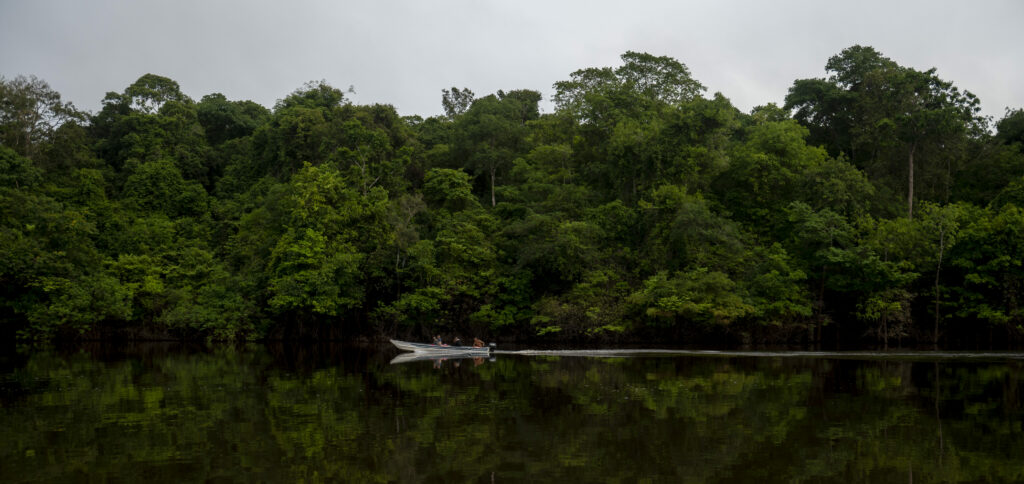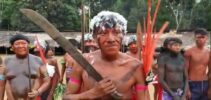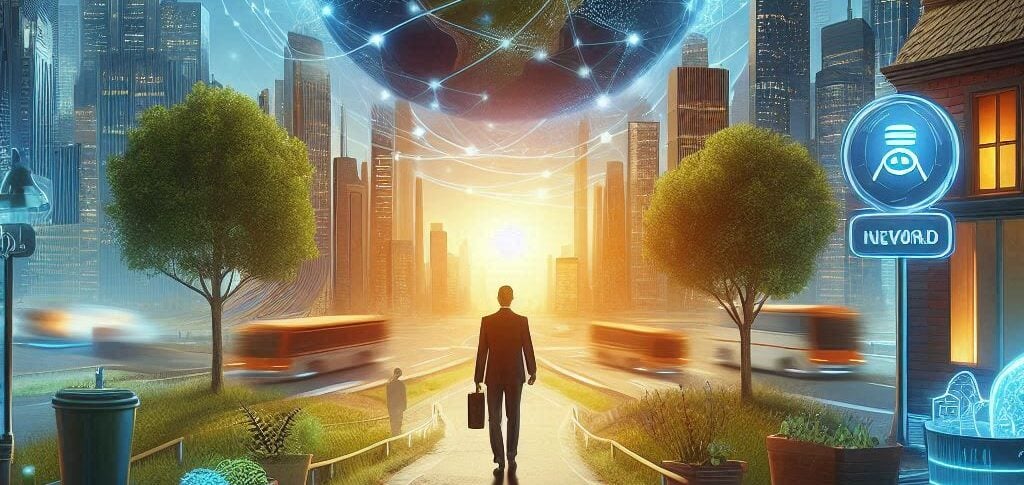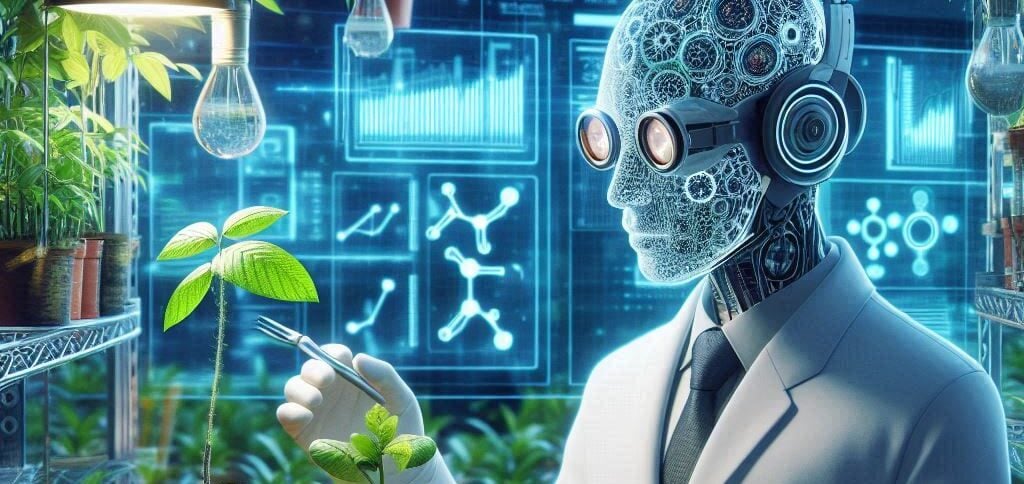🌱 Our net zero future
Brazil has the potential to become the first major economy net zero until 2030. This is what the report concluded “Amazon Marathon” (*), prepared by Systemiq – a consultancy that seeks to solve systemic problems. The document outlines how leadership for a low-carbon economy can come from Amazon.
ADVERTISING
But what does it mean to have a net zero policy?
It means zeroing net emissions of greenhouse gases, mainly carbon dioxide (CO2), into the atmosphere, and any release of polluting gases must be compensated by the reduction of an equivalent amount of CO2.
Points that put us ahead in a world in energy transition:
- An energy matrix with more than 75% of energy coming from renewable sources;
- A large expanse of standing forest, which is a “treasure” for the bioeconomy;
- 80 million hectares of degraded pastures that can be restored to become productive again;
- Knowledge of bioenergy and agriculture and sustainable agriculture;
- Minerals and metals needed for the global transition to net zero at low cost.
In order to achieve this objective, Systemiq argues that Brazil – among other measures – needs to reestablish compliance with the law and command and control mechanisms, strengthening institutions, and developing the financial infrastructure necessary to make investments in this agenda.
🌳 Environmental DNA
Report by Reset, published this Monday (12), shows how the environmental DNA can detect the presence of hundreds or thousands of species in small samples of land or water.
ADVERTISING
According to the publication, with soil samples – which can weigh only half a gram – scientists from Vale Technological Institute can identify hundreds, sometimes thousands of species through traces of genetic material they left behind.
The technique known as environmental DNA analysis, or eDNA, has been perfected in recent years and is revolutionizing the study of DNA. biodiversity. Visit and read the report in full.
🚢 The impact of maritime transport on climate change
O maritime transport emits more than one billion tons of carbon per year, almost 3% of the world's total, according to data from Fourth International Maritime Organization (IMO) Study 🇬🇧) on greenhouse gases from shipping.
ADVERTISING
To help combat climate change, it is crucial that the sector reduces its carbon emissions as soon as possible. To do this, ships need to stop using fuel oil, one of the most polluting fossil fuels. But what are the obstacles for this to happen? Understand ⤵️
The International Maritime Organization (IMO) – the UN agency that regulates maritime transport – predicts that, if there are no changes, the shipping industry will account for up to 17% of global carbon dioxide emissions by 2050.
⛏️ 'Road to Chaos'
Featured in the British newspaper The Guardian, this Monday (12), a 120 km clandestine road that crosses the territory Yanomami in the Amazon. The Yanomami Indigenous Land is the largest in Brazil. It is located in the states of Amazonas and Roraima, within the Amazon Rainforest, and is home to around 30 thousand indigenous people.
ADVERTISING
In recent months, illegal mining mafias have opened the so-called 'Road to Chaos' in the jungles of Brazil's largest indigenous territory, in an audacious attempt to introduce bulldozers into these supposedly protected lands.
Check out full report (*) which warns: “the price of the future government’s inaction would be the destruction of a people who have inhabited the tropical forest for thousands of years”.
Read also
Curto Verde is a daily summary of what you need to know about the environment, sustainability and other topics linked to our survival and that of the planet.
ADVERTISING
(🚥): may require registration and/or signature
(🇬🇧): content in English
(*): content in other languages is translated by Google Tradutor





